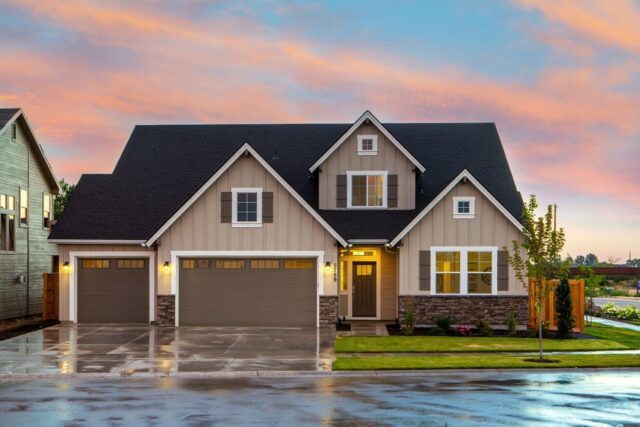
New concepts attributed to the Covid-19 pandemic, such as lockdowns, social distancing and remote work, have disturbed the residential real estate market with uncertainty and shifts in demand. In their quest for spacious homes with a balcony or a garden, a dedicated home office space, and proximity to nature, many people have decided to leave city centers. According to a recent analysis by Knight Frank, 16 metropoles are expected to experience a price decline. Only a few major cities, such as Vienna, Lisbon, Monaco, and Shanghai, are likely to remain stable against the negative impact of Covid-19 and see rising prices for luxury properties.
This year, prestigious mansions in Vienna were sold for 11.5 million euros and exclusive freehold apartments have reached square meter prices of up to 24,500 euros, the New York Times quoted an Engel & Völkers senior representative. In 2019, the Mercer Quality of Living Survey proclaimed Vienna the best city to live in for the 10th time in a row.
In total, residential real estate prices in the Austrian capital grew by 4.1 percent in the second quarter of 2020 compared to the previous year. But recent numbers from the Austrian National Bank (OeNB) indicate that the pandemic’s effects may shift the focus away from the most livable city in the world to more suburban areas: In the rest of Austria, prices increased by 6.8 percent during the same period. This rise was mainly driven by a three-fold price increase for single-family houses up to 10.6 percent.
The necessity to work remotely, social distancing, and experiences during the lockdown has urged many home buyers to change their priorities from city apartments to houses with gardens. In April 2020, 45 percent of the Austrian population worked remotely in response to the imposed contact restrictions to fight the spread of Covid-19, a Statista survey said.
Yan Bares, the Managing Partner of Calcore Group, a family office based in Vienna, thinks that the coronavirus pandemic’s long-term effects on the local real estate market are yet to be evaluated. “We believe that the Austrian real estate market will remain stable across all price segments. As we expect the remote work trend to continue after the pandemic, urban decentralization is likely to shape the new normal,” he says. “In times when there is a shortage of affordable housing combined with low-interest rates, we suggest investing in multi-family residential properties as an efficient way to strengthen real estate portfolios. Our family office assists clients with diversifying their real estate portfolio, to ascertain that their portfolio will remain stable in the Post-Covid-19 era.”
Contact:
Yan Bares, Managing Partner at Calcore Group
Email: [email protected]
Website: www.calcoregroup.com
(Syndicated press content is neither written, edited or endorsed by ED Times)
Read more:
Incidents That Led To India’s Abysmal 142nd Ranking On World Press Freedom Index
































